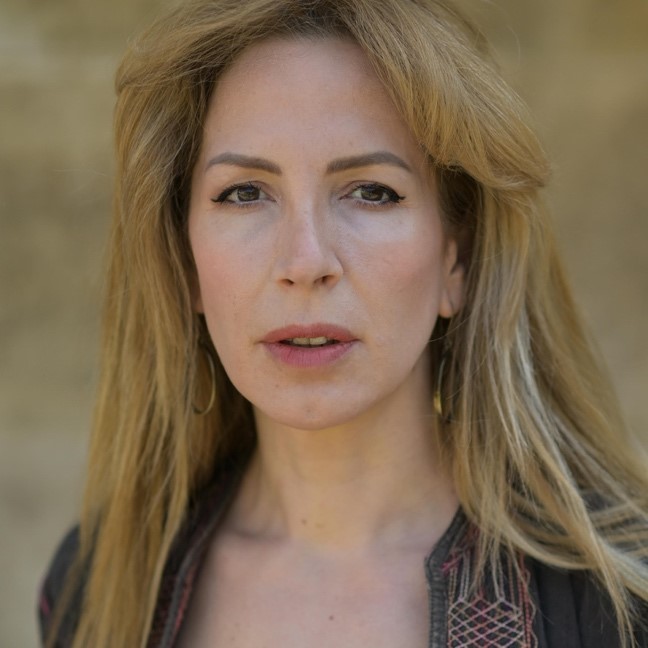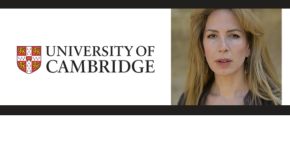 Looking back in history can help us solve the problems of today.
Looking back in history can help us solve the problems of today.
Ayse Zarakol, professor of international relations at the University of Cambridge, takes a look back.
Dr. Ayşe Zarakol is a Professor of International Relations at the University Cambridge and a Fellow at Emmanuel College. She is the author of After Defeat: How the East Learned to Live with the West and the editor of Hierarchies in World Politics. Her most recent book Before the West: the Rise and Fall of Eastern World Orders has won six international book prizes.
Lessons From Historical World Orders for our Current Crisis
It is commonplace these days to hear people talk about ‘the crisis of the liberal international order’. Most assume, however, that ‘international order’ is a relatively modern thing and suppose that there is not much we can learn from history about our current predicament.
But if we relax the assumption that only orders created by nation-states are worth studying, there is plenty of material in history that we can draw lessons from. This is why I prefer to speak of ‘world orders’ instead of ‘international orders’. A ‘world order’ has a universalizing ambition at its core and is expansive in its vision.
The first world order I discuss in my research was created by the Genghis Khan and his empire in the thirteenth century. If there is indeed an ‘East’ that is distinct from the ‘West’, one of the points of separation can be placed here. Genghis Khan’s empire was primarily an ‘Asian’ one, spanning the distance from the Pacific Ocean in the East to the Mediterranean in the West. In this ‘Asian’ world order, people living in the geographies that we now call ‘Russia’, ‘China’, ‘Iran’ and ‘Central Asia’ – basically, most of continental Asia – shared the same ruler and laws for the first time. They were also significantly connected to each other through overland and naval routes that spanned the entire continent, as well as the Indian Ocean.
When we study the trajectory of Eastern world orders it becomes apparent that structural crises punctuated the end of each such order: epidemics, financial turmoil, even climate change. Put another way, it was not great power competition that doomed these world orders, but rather big problems that forced the hegemons of each period to tend to their own wounds.
Read More:
[Aeon] – The Asian world order
[Cambridge] – Before the West

Comments
One response to “Ayse Zarakol, University of Cambridge – Lessons From Historical World Orders for our Current Crisis”
👑🌹. Thanks. Pretty Pic, Prof. A.Z.
Sante’
Rev.Dr.Smitty’,
pre-mier, Baltimore,MD.
( Past perineal Write+In Candidate)
Iowa St.U.
Baltimore City Community College
The Open University